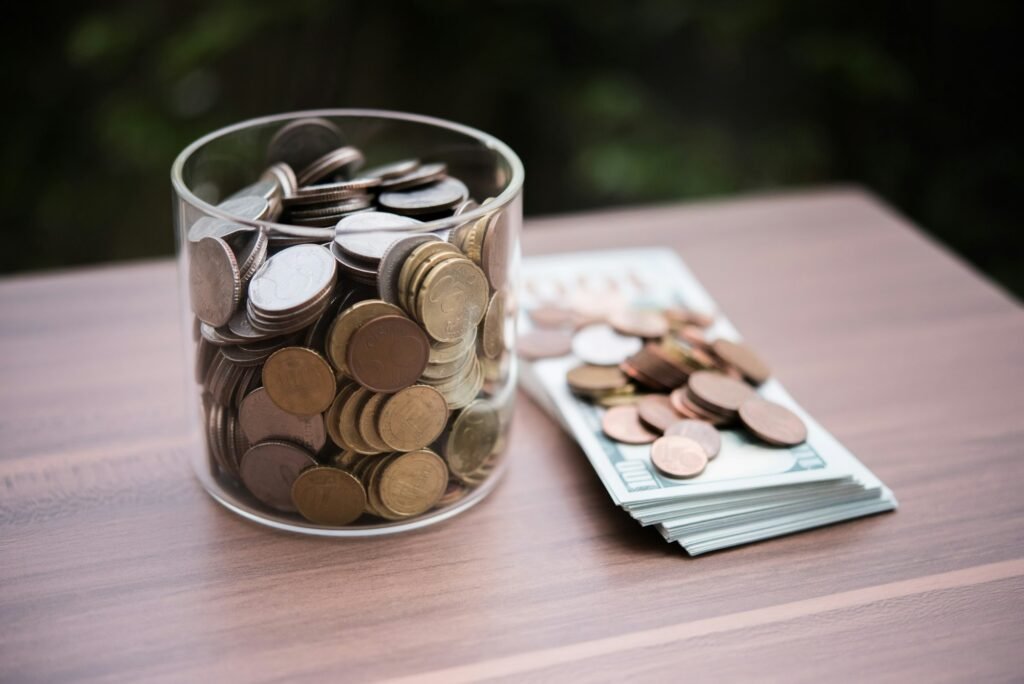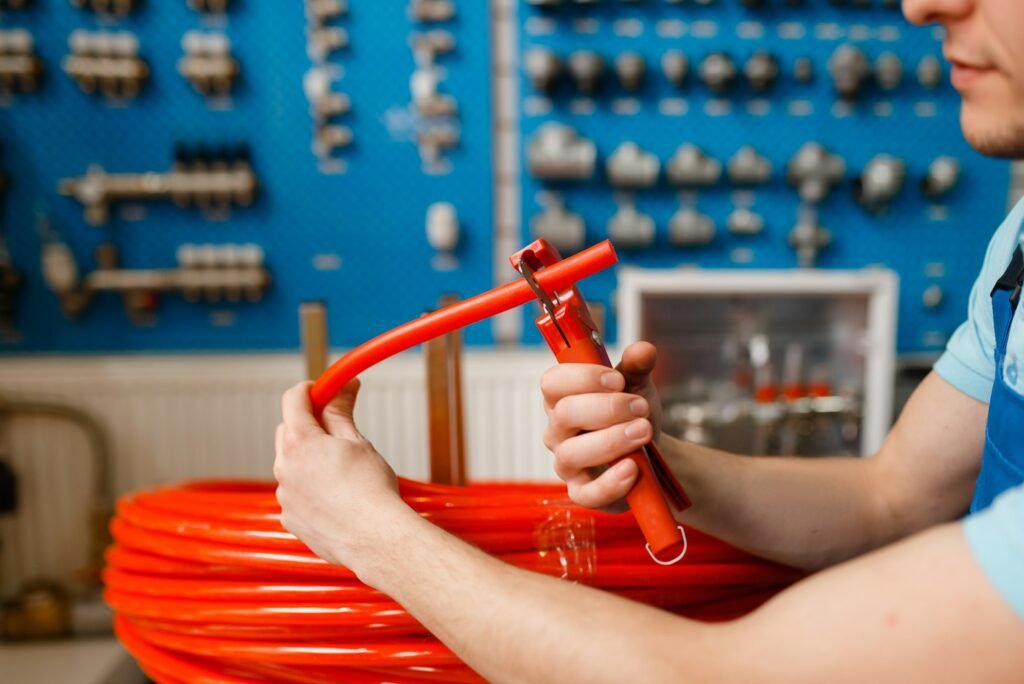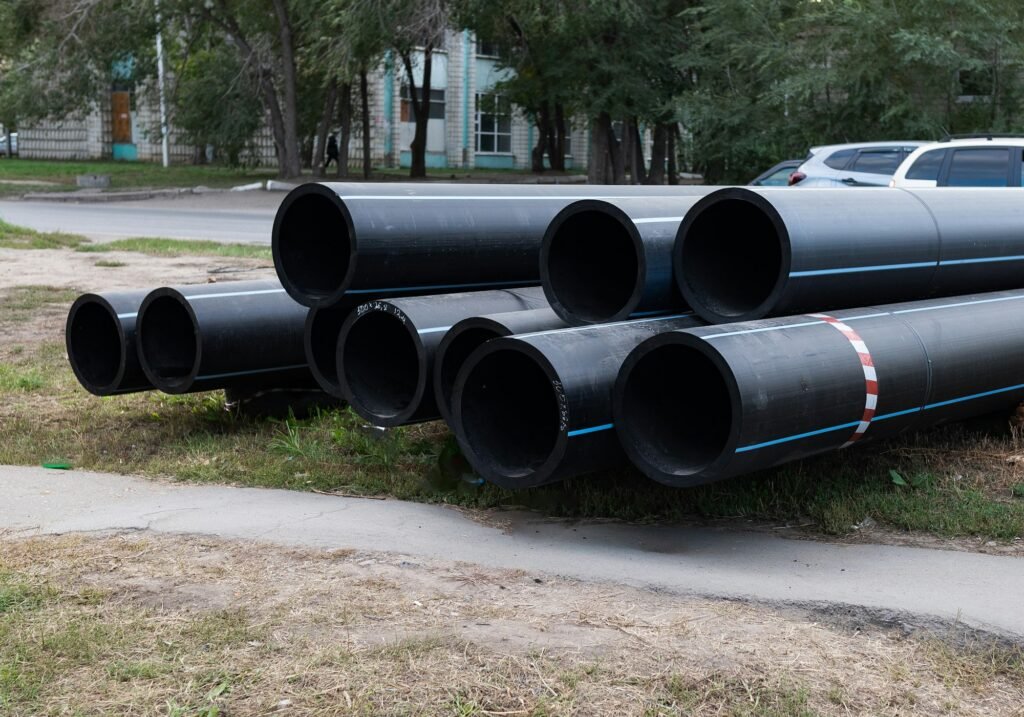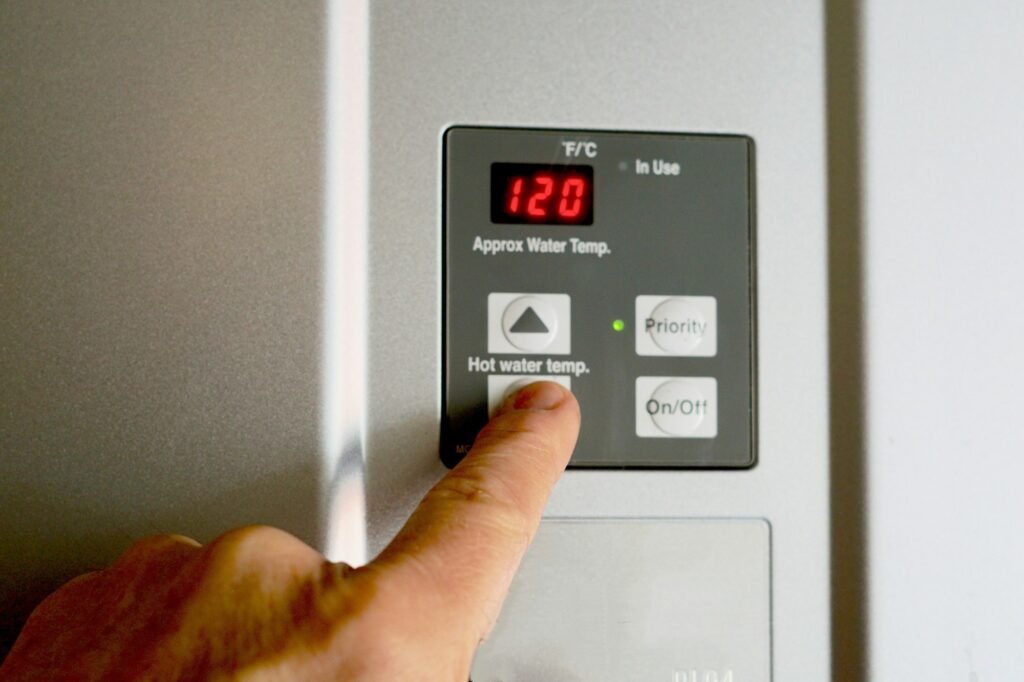High water bills can be a burden, but with a few simple plumbing tips, you can significantly reduce your water consumption and save money. In this article, we’ll explore practical and easy-to-implement strategies to help you conserve water and lower your monthly expenses.
Fix Leaks Promptly
One of the most effective ways to save water is to fix leaks as soon as they are detected. A dripping faucet or a leaky toilet can waste a substantial amount of water over time.
Leaks are often underestimated, but they can lead to significant water waste. Even a small drip from a faucet can waste up to 20 gallons of water per day. Regularly inspect your plumbing fixtures and promptly repair any leaks to prevent unnecessary water loss and reduce your water bill.
Install Low-Flow Fixtures
Low-flow fixtures, such as faucets, showerheads, and toilets, are designed to use less water without compromising performance.
Upgrading to low-flow fixtures is a simple yet effective way to conserve water. These fixtures reduce the flow rate, which means you use less water without noticing a difference in pressure. Low-flow showerheads and faucets can cut your water usage by up to 50%, while low-flow toilets use significantly less water per flush compared to older models.
Use a Water-Saving Showerhead
Taking shorter showers is another great way to save water, but you can enhance this by installing a water-saving showerhead.
Water-saving showerheads are designed to maintain pressure while using less water. They typically use about 2 gallons of water per minute, compared to standard showerheads that use 2.5 gallons or more. By making this switch, you can enjoy a refreshing shower while conserving water and reducing your water bill.
Upgrade Your Toilet
Older toilets use much more water per flush than modern, efficient models. Consider upgrading to a dual-flush or low-flow toilet.
Toilets account for nearly 30% of household water usage. Older models can use up to 7 gallons per flush, while newer, efficient toilets use only 1.6 gallons or less. A dual-flush toilet gives you the option to use a lower volume of water for liquid waste and a higher volume for solid waste, further enhancing water savings.
Be Mindful of Water Usage
Simple habits can make a big difference in your overall water consumption.
Small changes in daily habits can lead to substantial water savings. Turn off the tap while brushing your teeth, only run dishwashers and washing machines with full loads, and consider collecting rainwater for outdoor use. These simple adjustments can reduce water waste and lower your water bill.
Use a Dishwasher Efficiently
Dishwashers can be more water-efficient than hand washing, but only if used correctly.
Modern dishwashers use less water than washing dishes by hand, provided you run them with full loads. Avoid pre-rinsing dishes, as most dishwashers are designed to handle food residue. Also, choose the eco or water-saving mode if your dishwasher has one to further reduce water usage.
Collect and Reuse Greywater
Greywater is wastewater from sinks, showers, and washing machines that can be reused for other purposes.
Collecting greywater can significantly reduce your water consumption. Use greywater for watering plants, flushing toilets, or cleaning outdoor areas. Installing a greywater system can help you recycle water and cut down on your overall water usage.
Insulate Your Pipes
Insulating your pipes can help you save water and energy.
Insulated pipes reduce the time it takes for hot water to reach your faucets and showers, minimizing water waste while waiting for the water to heat up. This also helps conserve energy by maintaining water temperature in the pipes, reducing the workload on your water heater.
Educate Your Household
Getting everyone in your household on board with water-saving practices is crucial.
Educating your family about the importance of water conservation can lead to consistent savings. Encourage children to turn off taps tightly, take shorter showers, and use water wisely. By fostering good habits, you can collectively reduce your household’s water consumption.
Schedule Regular Plumbing Maintenance
Regular maintenance can prevent water waste and costly repairs.
Scheduling regular plumbing inspections can help identify and fix potential issues before they become major problems. A professional plumber can check for leaks, assess water pressure, and ensure your fixtures are functioning efficiently. Preventive maintenance not only saves water but also extends the lifespan of your plumbing system.
By implementing these simple plumbing tips, you can significantly reduce your water bill and contribute to water conservation efforts. For more expert advice and professional plumbing services, contact Raptor Plumbing & Drain today.




